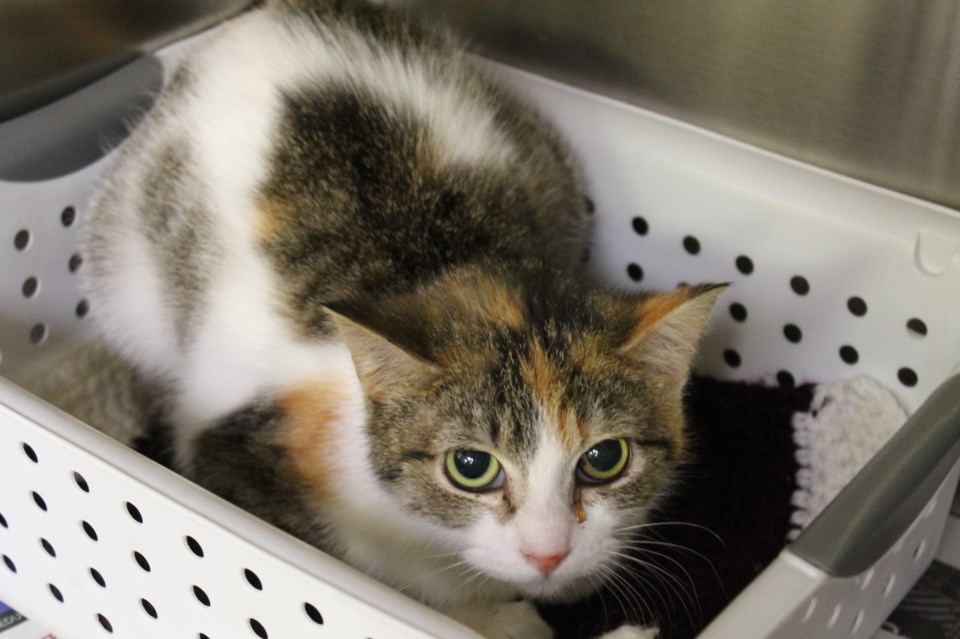City councillors approved Tuesday plans for a trap/neuter/return program to control the feral cat population.
The program will allow eligible local animal rescue groups to trap, spay or neuter, vaccinate, ear-tip, microchip and return undomesticated cats to supervised outdoor colonies, the city said.
Brendan Adair, the city's bylaw manager, said it's a program in demand locally.
“It was overwhelming that community groups wanted us to participate,” Adair said. “We have positive relations with animal groups throughout the city and we believe that will continue.”
Trap/neuter/return programs are aimed at feral cats who aren't suitable for adoption. The cats are caught, spayed or neutered, and then released again. Under provincial rules, the city isn't allowed to release stray animals. So it partners with local rescue groups to achieve the same goal.
Once a cat has recovered from surgery and is released back to its feral colony, volunteers are expected to feed and monitor the colony for health issues on an ongoing basis. Groups will also be required to report the location and numbers of each feral cat colony, so that the city can evaluate the effectiveness of the program.
Greater Sudbury Animal Shelter will continue to spay or neuter stray cats and kittens with potential for adoption. A total of $15,000 has been set aside for the program and $20,000 for the shelter spay and neuter program previously approved by council.
Groups approved for program can request up to $100 per trapped feral cat to offset the cost of spaying or neutering, vaccinations, implant of a microchip and ear-tipping to identify the felines.
While officials don't know how many feral cats there are in the city, U.S. research suggests that in ideal conditions, including weather, lack of predators, and year-round food sources, there could be as many as one feral or stray cat for every 15 residents in Sudbury.
Since October 2016, the city has operated a shelter in Wahnapitae. Ward 12 Coun. Joscelyne Landry-Altmann said they have heard good things since the municipality took over animal control.
“I am hearing nothing but compliments about the service you are providing,” she said. “This is such a big step forward.”
A free workshop hosted by the OSPCA for community volunteers on April 28 is currently at capacity. Those attending the workshop at Collège Boréal will access free spay/neuter clinics for feral cats through the Toronto Humane Society, equipment loans and expert advice.
For more information about TNR animal welfare and rescue, contact [email protected].
